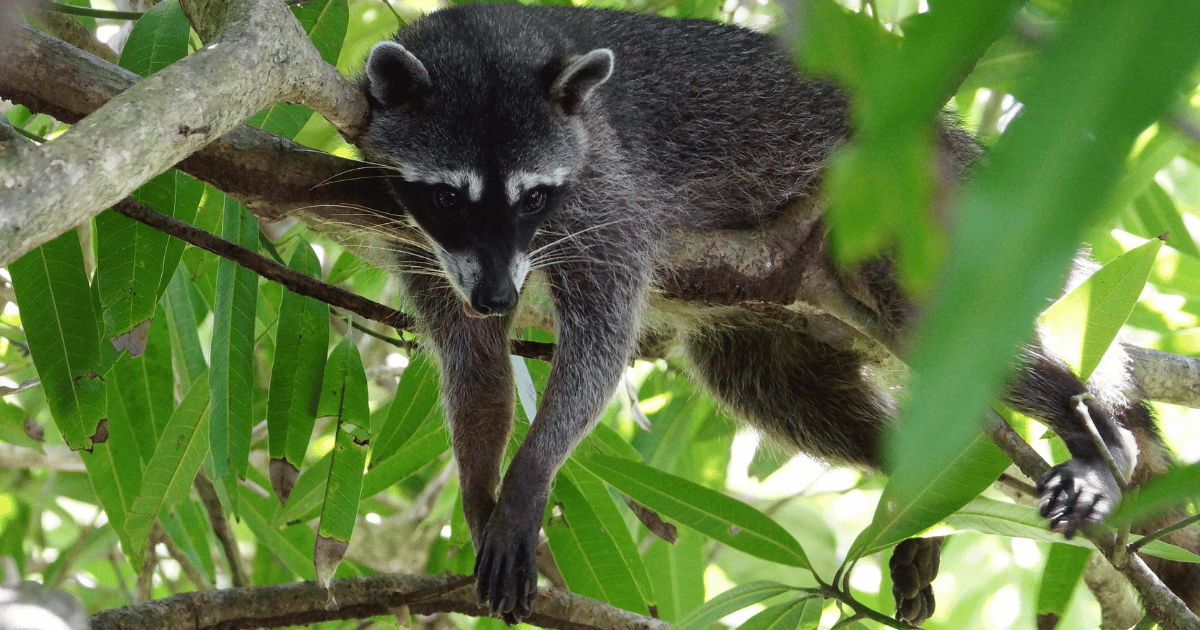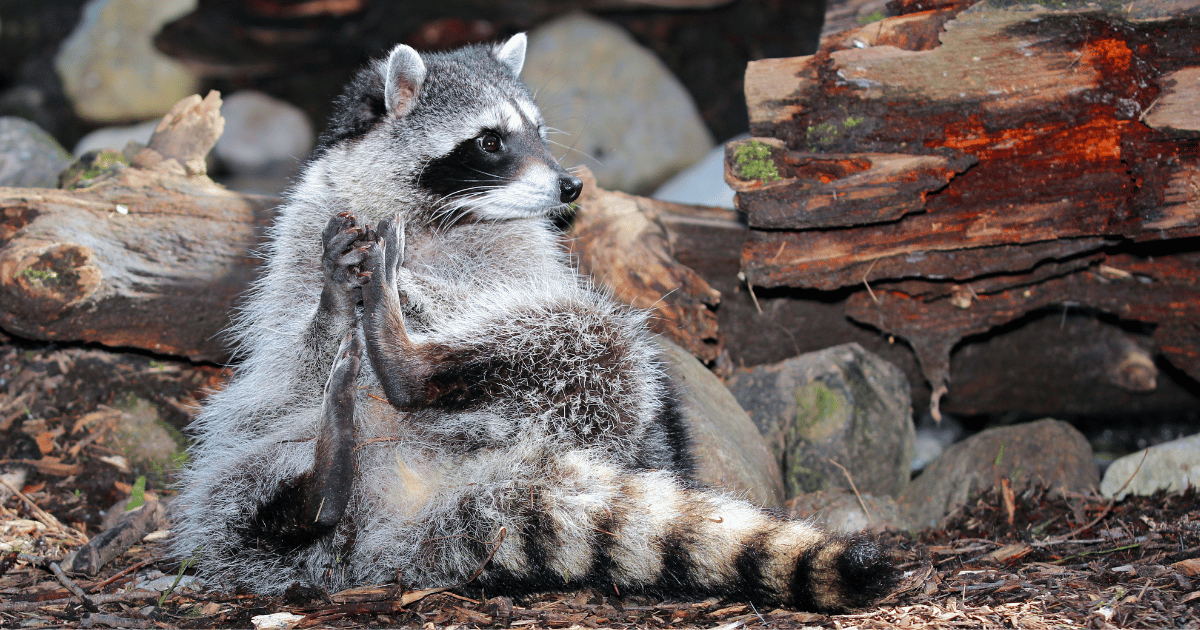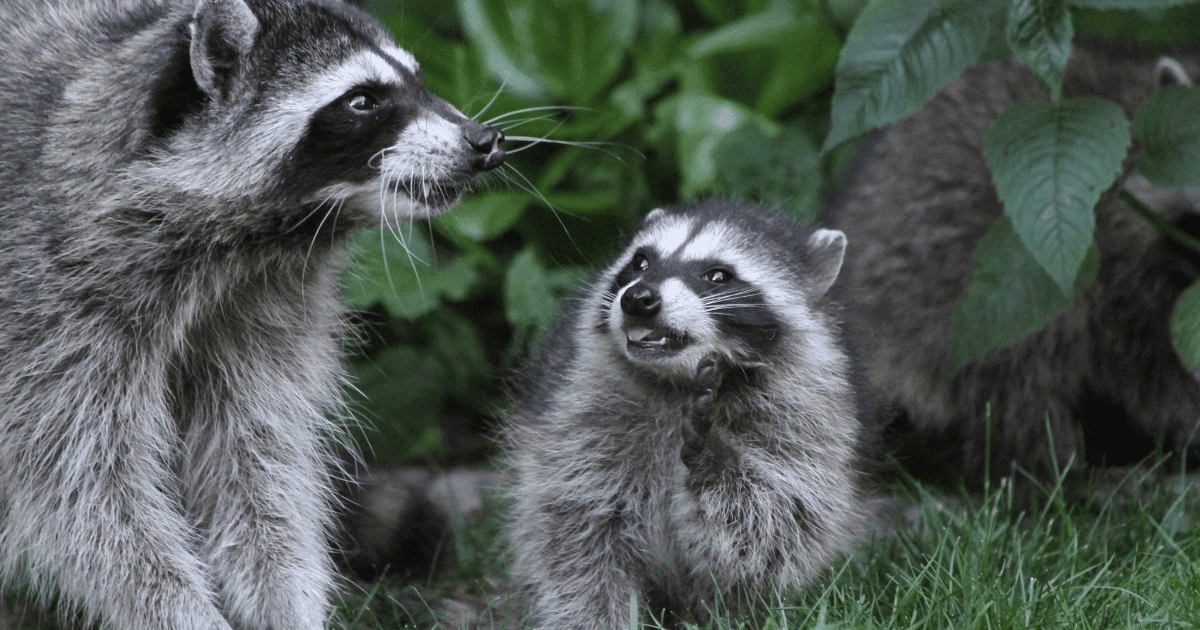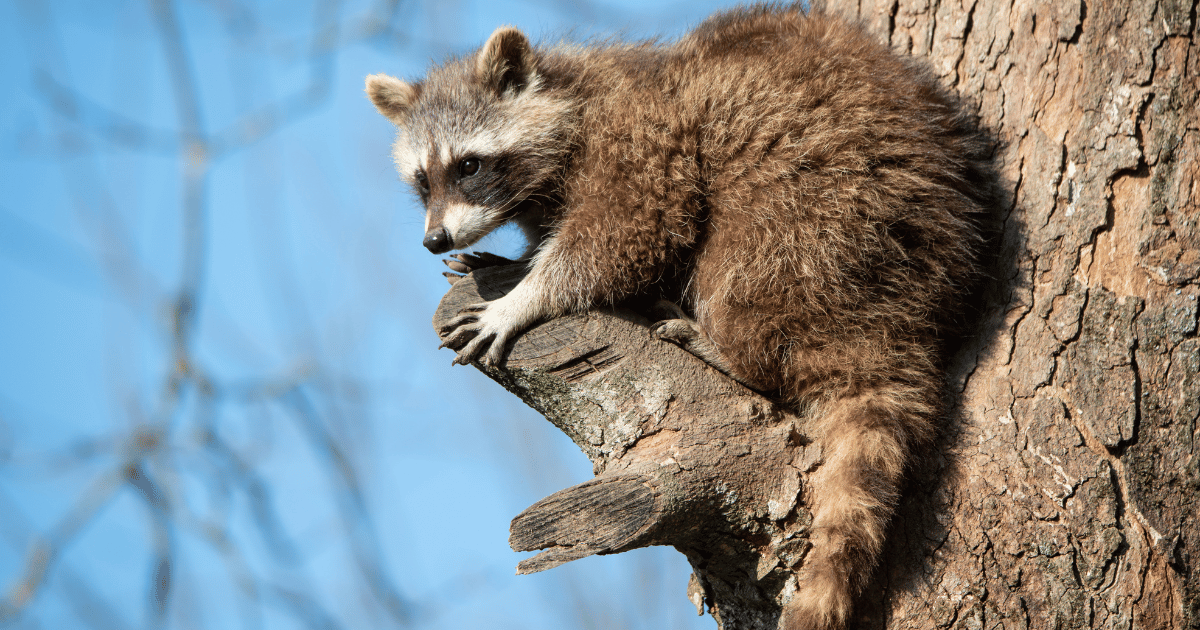Do raccoons like bananas? Yes, raccoons might also devour bananas, but they must no longer be a prime part of their eating regimen. Discover in our comprehensive manual the nutritional preferences of raccoons, the nutritional value of bananas in their weight loss plan, and expert insights into their feeding conduct. This attractive, conversational article affords a deep dive into the world of raccoons and their unexpected consuming behaviors.
Introduction

Raccoons, known for their extraordinary masked faces and mischievous nature, have captivated our hobby. When discussing these nocturnal mammals, a not-unusual query is, do raccoons like bananas? This article aims to explore this fascinating question, delving into the dietary choices of raccoons and examining whether or not bananas form part of their herbal weight loss program. Raccoons are opportunistic feeders, recognized for their adaptable ingesting conduct, which can vary considerably depending on their habitat.
By knowing what raccoons eat and their capability enchantment to bananas, we are able to take advantage of a deeper perception of their behavior and nutritional desires. This discussion will fulfill our interest and contribute to a better know-how of coexisting with these captivating creatures in our neighborhoods.
Understanding Raccoons’ Natural Diet
Raccoons are omnivorous creatures, meaning their food regimen consists of each plant and animal. Their eating regimen is exceptionally varied in the wild, encompassing culmination, nuts, seeds, insects, frogs, or even small mammals. This variety guarantees they acquire a balanced intake of vitamins vital for their survival. The flexibility of their weight loss plan is crucial to their ability to adapt to diverse environments, from rural areas to city settings.
In city regions, raccoons are often visible, scavenging through trash bins, indicating their adaptability and opportunistic nature. However, it’s critical to differentiate between what raccoons can eat and what is, without a doubt, healthful for them. Just because they can eat a huge range of ingredients does not always suggest that all the foods are helpful for their health. This leads us to the question: are bananas, a typical family fruit, a suitable and healthful desire for raccoons? The following sections delve deeper into this topic.
The Appeal of Bananas to Raccoons
Why might raccoons be drawn to bananas? Firstly, bananas are rich in sugar, giving a quick electricity supply, which would be instead appealing to an opportunistic feeder like a raccoon. The aroma of ripe bananas can also entice these animals, who depend heavily on their scent experience to find meals. Moreover, the smooth texture of bananas makes them clean to devour, critical attention for animals that want to consume food fast to avoid predators or opposition. Another component to recollect is the nutritional cost of bananas.
They are high in potassium, nutrients, and dietary fiber, which might benefit raccoons. However, it is essential to stabilize these advantages in opposition to any ability fitness dangers, which include excessive sugar content material, which might not be best for raccoons in large quantities. Thus, while bananas might look like a harmless and even healthful snack for raccoons, it’s critical to understand their effect on these animals’ average weight-reduction plan and fitness.
Observations of Raccoons Eating Bananas
There had been several debts and observations of raccoons displaying hobby in bananas. Wildlife lovers and researchers have cited that once given the possibility; raccoons will now not hesitate to banquet on this fruit. Key observations encompass:
- Raccoons often peel bananas like humans, showcasing their intelligence and skill.
- They are interested in the robust, sweet scent of ripe bananas.
- In regions where raccoons have been admitted to human meal waste, they have been observed ingesting discarded banana peels and fruit.
- However, these times no longer always imply that bananas are a regular part of their herbal food regimen; however, as an alternative, an opportunistic indulgence.
These observations are vital in information on the adaptability of raccoons and their foraging conduct, especially in urban environments where human food assets supplement their natural weight loss plan.
Nutritional Analysis: Bananas in a Raccoon’s Diet

When considering the dietary elements of bananas, it is clear why raccoons may enchant them. Bananas are a good supply of nutrients C and B6, potassium, and nutritional fiber. These vitamins can support digestive health and provide power. However, bananas also have excessive sugar content material, which may be detrimental to raccoons if fed in massive portions. Excessive sugar consumption in raccoons can result in obesity and dental problems like in humans.
It’s also worth noting that raccoons require a balanced food plan, rich in protein and sundry nutrients – something an eating regimen excessive in results like bananas can’t offer on my own. Therefore, while bananas may be a part of a raccoon’s food regimen, they need not now be a considerable portion, highlighting the significance of a varied and balanced eating regimen for those animals.
Raccoon Dietary Preferences
| Food Item | Nutritional Value | Appeal to Raccoons | Notes |
|---|---|---|---|
| Insects | High protein | High | Essential for growth |
| Fruits (incl. Bananas) | Vitamins & Fiber | Moderate | Prefer natural wild fruits |
| Nuts | Fats & Proteins | High | Important in winter |
| Small Mammals | High protein | Moderate | Part of natural diet |
| Human Food Waste | Varied | High | Risk of unbalanced diet |
| Pet Food | High protein | High | Not a natural food source |
| Garden Produce | Vitamins | Moderate | Includes vegetables |
Pros and Cons: Raccoons eating Bananas
The intake of bananas via raccoons comes with its advantages and disadvantages. Besides, bananas offer a quick strength boost and supply vital vitamins and minerals. The fruit’s smooth texture also makes it easy for raccoons to consume, particularly for younger or weaker people. On the disadvantage, the excessive sugar in bananas can pose fitness risks if overeaten, leading to weight gain and dental issues.
Additionally, a diet overly reliant on bananas or similar results needs more protein and sundry vitamins raccoons need for superior fitness. It’s more critical to recollect the human impact – feeding raccoons, deliberately or unintentionally, can result in dependency and regulate their natural foraging behaviors. This dependency will negatively affect their health and survival skills in the wild.
Raccoon Feeding Habits: A Closer Look
Raccoons are renowned for his or her adaptable and opportunistic feeding conduct. They must be more professional in finding meals in their natural habitat and adept at exploiting meal assets in city environments. Raccoons have a varied eating regimen that modifications with the seasons and availability of food assets. They mainly feed on insects, fruits, nuts, and small amphibians in the wild. Their weight loss program in urban regions can substantially shift to encompass human meal waste, pet food, and garden produce.
This adaptability is a testament to their intelligence and survival competencies. It’s critical to recognize that while raccoons can consume extensive meals, along with bananas, their food plan needs to be balanced to ensure their fitness and well-being. Overreliance on any unmarried meal source, mainly human-provided food, can disrupt their natural nutritional stability and result in health troubles.
Human Interactions and Feeding Raccoons

Human interactions play a significant function in the feeding habits of raccoons, particularly in city areas. While feeding raccoons wouldit may appear harmless or benevolent, it may result in unintended consequences. Feeding raccoons, whether or not without delay or directly (through on-hand garbage or pet meals), can motivate them to depend on human-furnished meals. This dependency can disrupt their herbal foraging behaviors and weight loss program, which is central to nutritional imbalances and health troubles.
Additionally, it may boost the chance of raccoons becoming a nuisance in residential areas, as they lose their herbal worry of people and become more formidable in searching for food. This conduct can also pose risks to the raccoons, as they become more at risk of injuries and conflicts with human beings and pets. Thus, while watching raccoons inside the wild may be a fascinating experience, achieving this responsibly is crucial without altering their natural weight-reduction plan and behaviors.
Expert Opinions on Raccoons and Bananas
Wildlife experts and veterinarians frequently weigh in on the dietary behavior of raccoons, especially with regard to unconventional meal items like bananas. Most experts agree that even as raccoons may additionally consume bananas when to be had, they should no longer represent a prime part of their weight loss plan. Experts emphasize the importance of raccoons maintaining an herbal and sundry weight-reduction plan to make sure they get hold of all essential vitamins.
Overconsumption of bananas, with their excessive sugar content, can lead to health issues, which include weight problems and diabetes in raccoons. Additionally, wildlife specialists discourage the intentional feeding of raccoons, as it may cause dependency and disrupt their natural foraging conduct. The consensus is that even as raccoons can devour bananas without instant harm, they need to preferably obtain their meals from natural resources, ensuring a balanced and wholesome weight loss program.
Raccoons in Popular Culture and Media
Raccoons have a high-quality presence in famous culture and media, frequently portrayed as curious and mischievous creatures. These portrayals sometimes encompass scenes of raccoons ingesting various ingredients and bananas. While those depictions can be exciting, it is vital to distinguish between fictional portrayals and real-life conduct. In truth, raccoons are opportunistic feeders whose food plan varies extensively depending on their environment and availability of meal assets.
While regularly humorous or endearing, media representations can occasionally cause misconceptions about what is appropriate for raccoons to consume. As a result, it’s vital to depend on clinical studies and expert recommendations when considering the dietary habits of those animals rather than basing assumptions on their portrayal in movies, cartoons, or TV shows.
FAQs
Q: Can raccoons eat bananas thoroughly?
A: Yes, raccoons can safely devour bananas carefully. However, because of excessive sugar content, bananas need not be a considerable part of their food plan now.
Q: Do raccoons prefer bananas over different foods?
A: Raccoons are opportunistic and will eat bananas if available, but they only sometimes opt for them over different meal assets like insects, culmination, and nuts.
Q: Is it k to feed bananas to raccoons?
A: Feeding raccoons is generally discouraged, as it may cause dependency on human-provided food and disrupt their herbal food plan and foraging conduct.
Q: Can feeding raccoons bananas cause health troubles?
A: Overfeeding raccoons with bananas or any human meal can cause health problems like obesity and nutritional imbalances.
Q: How does the intake of bananas impact a raccoon’s natural weight loss program?
A: Consuming bananas can disrupt the steadiness of a raccoon’s natural weight loss plan, which is ideally diverse and includes several meals for superior fitness.
Conclusion
In conclusion, even though raccoons might also find bananas attractive and may efficiently consume them, those culminations need not be an outstanding part of their food plan. Do raccoons like bananas? is a question that underscores the more comprehensive situation of the number of raccoon nutritional conduct and the importance of retaining their herbal weight loss program. The interest and adaptability of raccoons frequently cause them to explore numerous meal properties. Still, their fitness and well-being need to consume a balanced diet regime. Human interplay, primarily through feeding, can disrupt this balance and should be cautiously approached. Understanding and respecting the nutritional desires of raccoons is fundamental to ensuring their health and maintaining the delicate stability of our shared ecosystems.
Hello! I’m Javed, a versatile content writer specialized in various niches, with a particular passion for home and garden topics. My expertise extends beyond writing—I’m also skilled in SEO and WordPress development, boasting over four years of experience in these areas.
